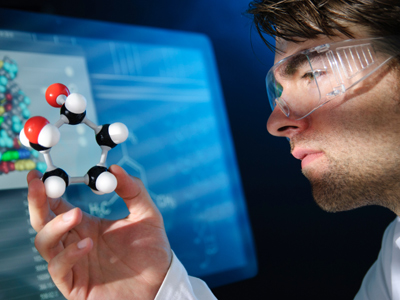
Unit 4 - Hypothesis
When planning an investigation, the first stage is to come up with a hypothesis. Many students see a hypothesis as prediction of the outcome of an experiment - but it is a lot more than that. This GCSE Biology quiz will help you get to grips with what exactly a hypothesis is.
A hypothesis is a prediction backed up with a scientific reason saying why you think the prediction is correct. Effectively it is what you expect the outcome of an experiment to be and the reason why you expect it. The experimental part of your investigation is then aimed at testing your hypothesis. Always keep reminding yourself of your hypothesis when planning your experiment as that will help to keep you on track.
Ready for more?
not all...
quizzers. Try to win a coveted spot on our Hall of Fame Page.







